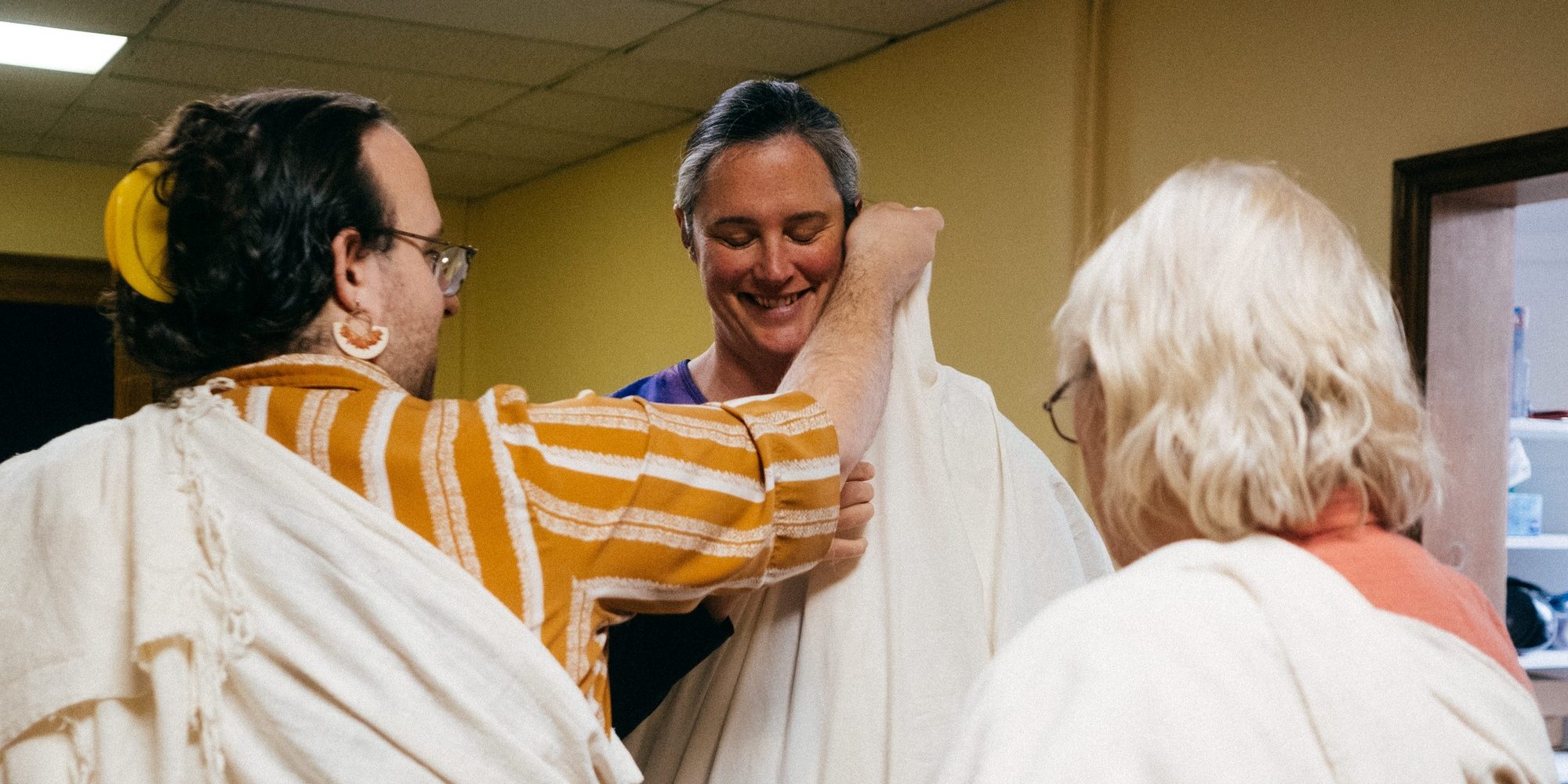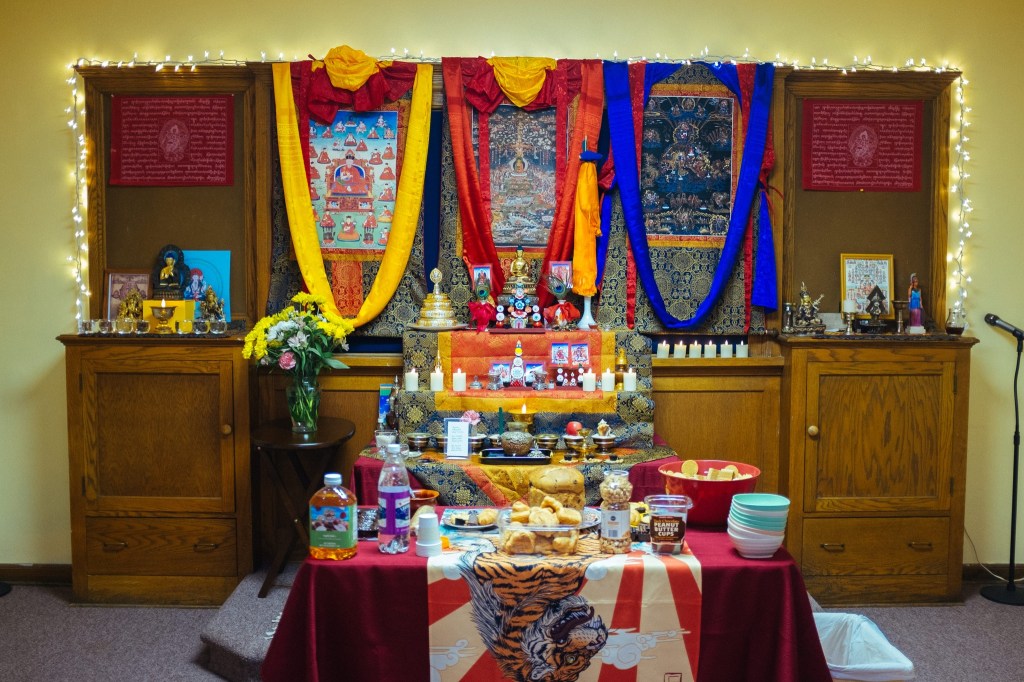
serving the sangha,
our source of refuge
My doctoral training as a historian and the vows I took as an devoted lay householder inform my service to the Three Jewels and Three Roots.
upasaka, noun. an ordained lay householder who serves the Three Refuges:
the Buddha, his Dharma, and our Sangha
Sanctuary is a throughline that runs from my education as a historian of ancient religion and from my Buddhist upbringing to my activities today. Historians investigate more than just the past, like the past’s larger context with its vast web of causes and conditions. My doctoral thesis argued that the Romans’ own past contributed to their moral and religious understanding of sanctuary as a refuge that protected those in need—and even made them members of the same community. We Buddhists first enter the spiritual path by going to him, his teachings, and the community of his followers as our refuge. Refuge and the hope that all have refuge is the basis of the whole spiritual path.
Today my activities include education on and service to these sources of refuge. As a lay Buddhist teacher, I bring my focus on sources like the historically rich text of the Vinaya to dharma talks, and I have led lessons on important historical figures like Guru Padmasambhava, Milarepa, and other Kagyu founders. I continue to research and publish on sanctuary in Roman religion as an independent scholar, but these days my focus has turned to American Buddhism as its own tradition. I bring this rich perspective to my creative outlets as a micronational citizen of the State of Sandus and to modern polytheist devotion.
Upāsaka William Tseten Dorje Soergel

I am particularly devoted to Buddha Amitābha
“Although all beings seek refuge in one way or another, few people understand all the different ways we can go for refuge and what their varying significances are. We are always taking refuge in something we perceive to be a source of protection, whether it be immediate, temporary, or permanent.”
Khenpo Karthar Rinpoche’s epitome of Karma Chagme’s Mountain Dharma (vol. 1, pg. 181) on the significance of going for refuge
I love hearing from you
One of my favourite parts of being an educator is hearing from my students, and I like receiving your feedback on my teachings. Review like that is what allows us to master knowledge—and wisdom.
